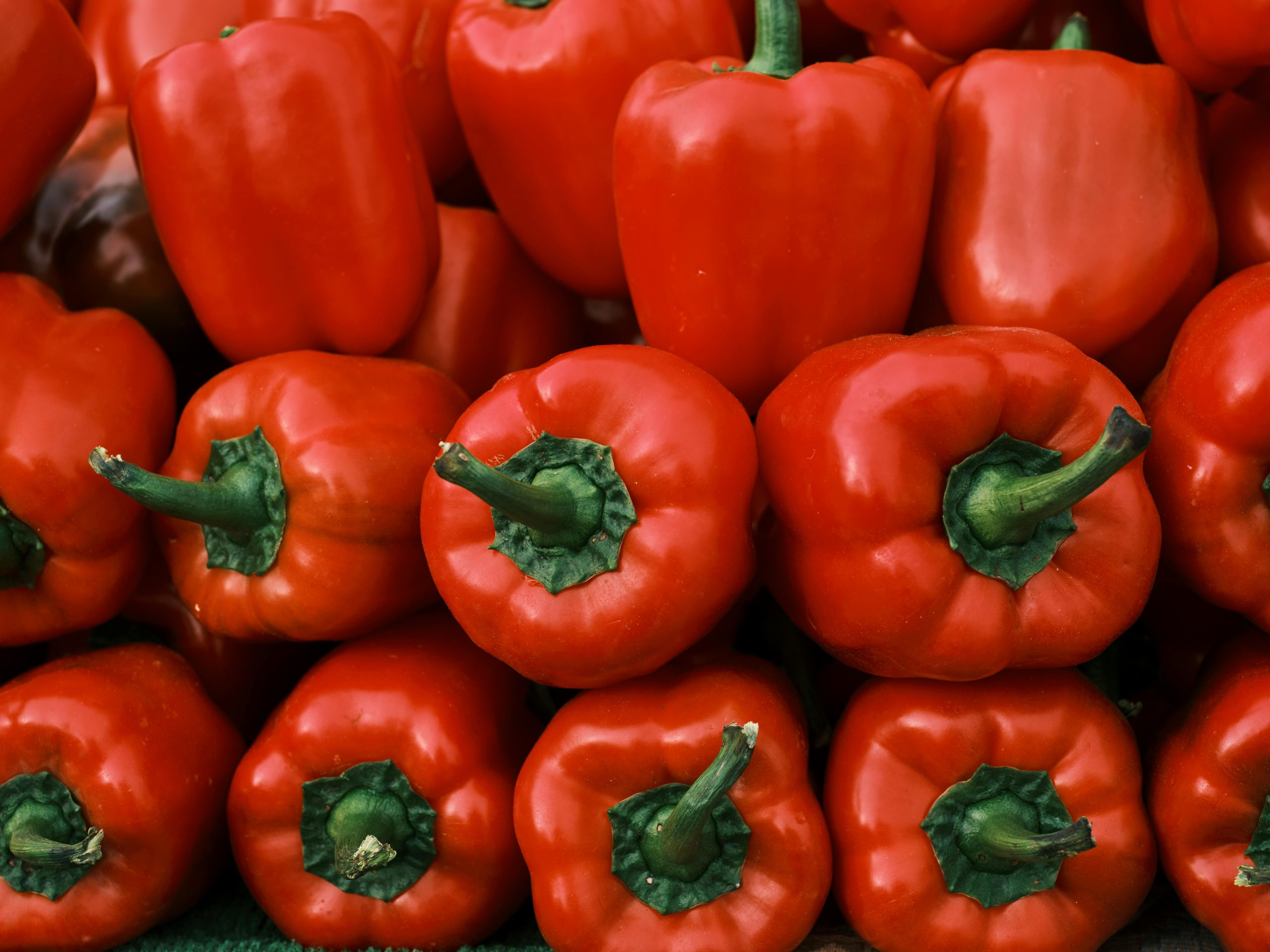How To Reduce Food Waste With Smart Cooking
According to the Food and Agriculture Organization, nearly one-third of the world’s food production is wasted every year. That’s approximately 1.3 billion tons of food that never reaches our plates, while millions of people around the globe suffer from hunger. Not only is this an ethical issue, but it also has a significant impact on the environment, with food waste being one of the leading causes of greenhouse gas emissions. However, as consumers, we can play a crucial role in reducing food waste through something as simple as smart cooking. In this article, we will explore how to reduce food waste with smart cooking and make a positive impact on our planet and our wallets.
The Importance of Reducing Food Waste
Before diving into the ways of reducing food waste, it is crucial to understand why it is essential. As mentioned earlier, food waste has a considerable impact on both the environment and society. Here are some key reasons why reducing food waste should be a top priority:
1. Environmental Impact
The process of producing, transporting, storing, and disposing of food requires energy and resources, such as water and land. When food goes to waste, all these resources are wasted as well, leading to an enormous carbon footprint. Additionally, food waste that ends up in landfills breaks down and produces methane, a potent greenhouse gas, contributing to climate change.
2. Economic Impact
Food waste not only costs the environment but also costs us money. When we throw away food, we are essentially throwing away our money, as we paid for it. On a larger scale, food waste also contributes to higher food prices, as the costs of wasted food are passed on to consumers. By reducing food waste, we can save money for ourselves and for the entire food system.
3. Social Impact
Reducing food waste also has a positive social impact. As more food is wasted, more people go hungry, especially those who cannot afford to buy food. By preventing food waste and redirecting it to those in need, we can help fight hunger and create a more equitable food system.
The Role of Smart Cooking in Reducing Food Waste
Now that we understand the importance of reducing food waste let’s explore how smart cooking can help us achieve this goal. Smart cooking refers to using cooking methods and techniques that maximize the use of ingredients, avoid spoilage, and create minimal waste. Here’s how you can implement smart cooking in your everyday life:
1. Plan Your Meals
One of the best ways to prevent food waste is to plan your meals ahead of time. By planning your meals, you will know exactly what ingredients you need, and you will be less likely to buy excess food that may end up going to waste. Additionally, planning your meals allows you to create a grocery list, which will help you stick to buying only what you need.
2. Use Leftovers Creatively
Many of us tend to throw away leftovers, but with a little creativity, they can become new and delicious meals. Before throwing away any remaining food, think about how you can incorporate it into another dish. For example, leftover chicken can be used to make quesadillas, and leftover vegetables can be added to a soup or stir-fry.
3. Store Food Properly
Improper storage is one of the leading causes of food waste. Make sure to store your food correctly to prolong its shelf life and prevent spoilage. For example, fruits and vegetables should be stored in the fridge, while bread and baked goods should be kept in a cool and dry place.
4. Get Creative with Imperfect Produce
Many fruits and vegetables may not look perfect, but that doesn’t mean they are not good to eat. Instead of avoiding these “ugly” fruits and vegetables, embrace them and get creative with your cooking. You can blend them into smoothies or soups, or use them in sauces and stir-fries.
5. Compost Food Scraps
Despite our best efforts, there will always be some food waste that we cannot avoid. In these cases, it is essential to compost rather than throw away these food scraps. Composting helps reduce methane emissions and produces nutrient-rich soil for gardening. Alternatively, many cities offer compost collection services that can be used.
Final Thoughts
Smart cooking is not only about reducing food waste; it is also about being conscious of our consumer habits and their impact on the environment and society. By implementing these simple tips, we can all play a part in reducing food waste and creating a more sustainable food system. Let’s make smarter choices in the kitchen and work together towards a more food-secure and greener future.










